 For a number of years now, I have taught my ENG 107 students about the idea of personal responsibility. We use On Course, a college success book written by Skip Downing, as the primary text in that class. The whole book is based on the choice between being a Victim and a Creator. Creators, Downing tells us, take responsibility for their own lives. They accept that only they can improve their own lives–no one can do it for them. They understand that if they find themselves off-course, they need to honestly assess the situation and then make choices that redirect them towards their goals.
For a number of years now, I have taught my ENG 107 students about the idea of personal responsibility. We use On Course, a college success book written by Skip Downing, as the primary text in that class. The whole book is based on the choice between being a Victim and a Creator. Creators, Downing tells us, take responsibility for their own lives. They accept that only they can improve their own lives–no one can do it for them. They understand that if they find themselves off-course, they need to honestly assess the situation and then make choices that redirect them towards their goals.
Victims, on the other hand, do not take responsibility for their own success. Instead, they complain, blame others, and keep repeating the same ineffective behaviors that they have tried in the past. If things are going badly for them, they either beat themselves up unfairly or they lash out at others, blaming them for their misfortune.
Out of all the things I have taught here at NMC, I think this concept may be the most important. I try to remind my students that if they want to succeed in college, they have to make the choice to do so. They have to take responsibility for doing their homework, for balancing school and job, for coming to class. I use these ideas with my own teenage children as well. When they start complaining or blaming, I ask them who is charge of their lives? Teachers? Friends? Coaches? Nope–you are, I remind them. You are the one who has to take responsibility for what you want.
Of course, no one can be a Creator all the time. We all fall into Victim mode, and for me (and often our students too) it happens most often in the cold, wet, dark, exhausting weeks of November. But the key, I think, is recognizing when we start to slide into Victim thinking, and then re-correct, putting ourselves back on the path to our goals.

